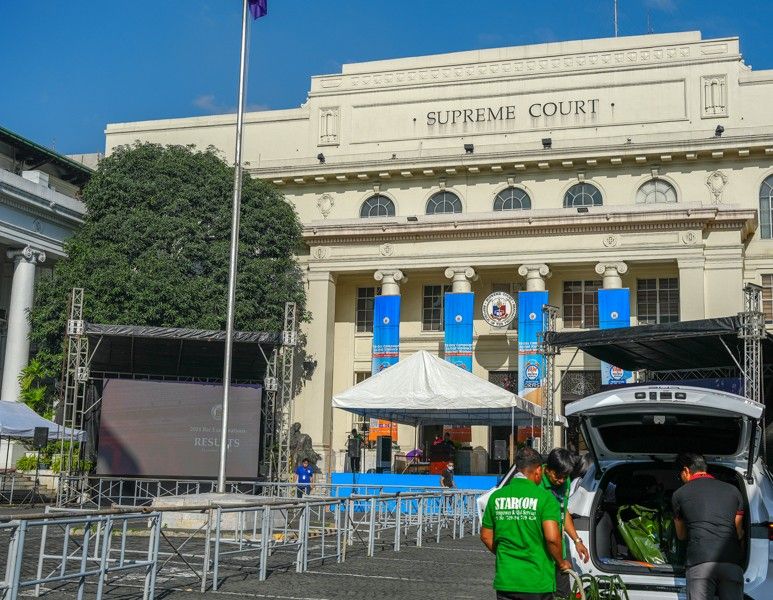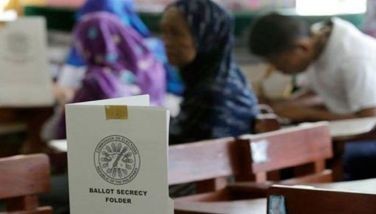Electricity generation, supply still subject to ERC regulation — SC

MANILA, Philippines — The Supreme Court has upheld the constitutionality of key provisions of the Electric Power Industry Reform Act of 2001 (EPIRA), affirming the Energy Regulatory Commission's (ERC) authority to regulate the electricity sector.
In a 68-page decision penned on Aug. 1, 2023, the high court ruled that electricity generation and supply, while not considered public utilities, remain subject to ERC regulation.
“As the outcome of this case would have far-reaching effects and is of utmost significance to the public, this Court shall finally put to rest all questions and controversies concerning the prevailing law and existing regulations governing electric power,” the court’s ruling read.
The case
The ruling stemmed from a petition filed by Fishers' group Pambansang Lakas ng Kilusang Mamamalakaya ng Pilipinas (PAMALAKAYA) chairperson Fernando Hicap and other individuals, assailing the constitutionality of several provisions of the EPIRA, particularly those related to the ERC's powers and the imposition of the universal charge.
The petitioners argued that electricity generation and supply are not public utilities and therefore beyond the ERC's jurisdiction.
Hicap and others contend the universal charge is essentially a form of taxation. They argued that, as such, it should be imposed solely by Congress, which holds the exclusive authority to levy taxes under the Constitution.
Lastly, the petitioners assailed the commission’s power to impose systems loss charges on end-users for being an invalid delegation of Congress’ power.
The court’s ruling
The Supreme Court has affirmed the constitutionality of key provisions of the EPIRA, reinforcing the framework that governs the electric power industry in the Philippines.
The high court explained that not all companies in the power industry are public utilities. For a business to qualify as a public utility, it must offer an essential service directly to the general public.
Power generation and supply companies were deemed not to meet this standard as they cater to a limited customer base rather than the general public, according to the high court.
“Therefore, it is the distribution sector, through its dealing with the general public, which must be characterized as a public utility, not the generation sector. To further reinforce this conclusion, this Court points out that distribution utilities are mandated to obtain a franchise to operate a distribution system in order to maintain its business. Notably, it is not a new principle that public utilities must have the imprimatur via a franchise before it can operate,” it said.
The court emphasized that the power-generating companies remain under government regulation as the EPIRA requires them to secure a certificate of compliance from the ERC and adhere to various safeguards against potential abuses or irregularities.
The high court also addressed the issue of the universal charge, declaring it a valid regulatory measure rather than a tax.
According to the Supreme Court, the universal charge is designed to sustain the viability of the electric power industry and is an exercise of the state’s police power to promote public welfare.
“As painstakingly discussed, the State via the ERC did not abdicate its power to oversee the generation and supply sectors. In light of the law's protective safeguards, this Court finds that the State was in fact merely pursuing the ideals of Article XII by proscribing any excessive impositions or anti-consumer and anti-competitive activities that may be propagated in the electric power industry to benefit the general welfare of the Filipino people,” the Supreme Court.
In addition, the high court upheld the ERC’s authority to implement systems that allow distribution utilities to recover operational losses.
The Supreme Court said that Congress’ delegation of such authority to the ERC is safeguarded by clear standards and limitations under the EPIRA.
- Latest
- Trending




























